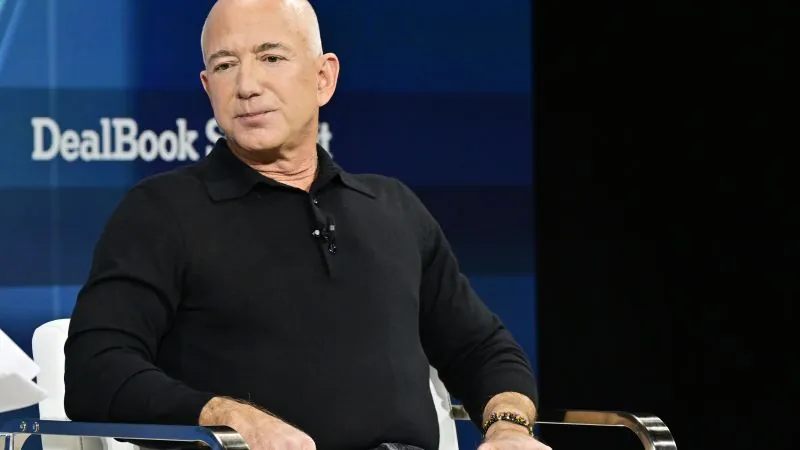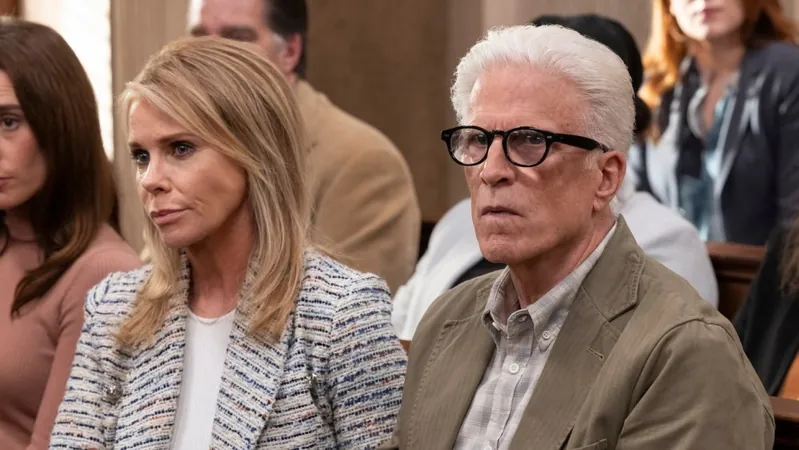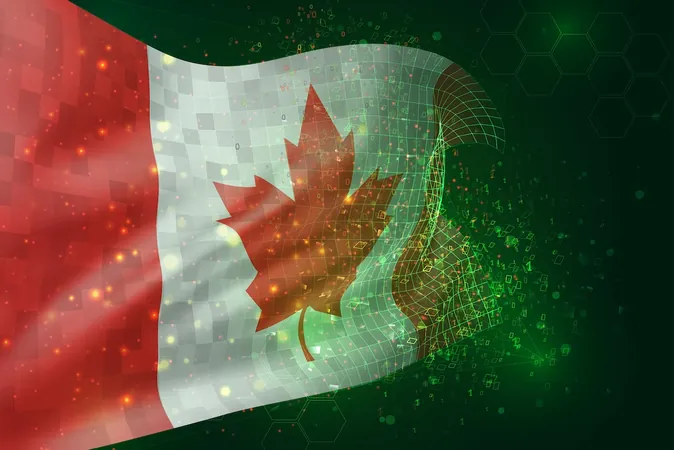
Jeff Bezos Aims to Change Trump’s Perception of the Media as "Enemies"
2024-12-05
Author: Emily
Introduction
In a surprising turn of events, Jeff Bezos, the billionaire founder of Amazon and owner of The Washington Post, declared his intention to influence former President Donald Trump's views on the media. Speaking at The New York Times' DealBook Summit, Bezos expressed hope that if Trump were to return to office, he would adopt a friendlier stance towards journalists, aiming to convince him that they are not the "enemy."
Bezos’ Stance on the Press and Trump
"I don’t think the press is the enemy," Bezos stated emphatically during his conversation with Andrew Ross Sorkin. "Let’s go persuade him of this." His comments indicate a willingness to bridge the divide between the media and Trump, who has maintained a contentious relationship with the press throughout his political career.
Historical Context
Bezos' optimism about a potential second Trump administration is notable, especially considering the bitterness of their past exchanges. Trump frequently targeted Bezos and Amazon during his first term, labeling The Washington Post as "The Fake News Washington Post" and accusing the e-commerce giant of tax evasion. Notably, the Trump administration blocked a $10 billion cloud computing contract that Amazon had been vying for with the Pentagon, a move widely interpreted as retaliation stemming from Bezos's ownership of the paper.
Evolution of Leaders
In a moment that marked a shift in tone, Bezos acknowledged that both leaders have evolved, stating, "You’ve probably grown in the last eight years... He has, too."
Challenges at The Washington Post
However, the billionaire didn’t shy away from the challenges his newspaper faced under his stewardship. Following his controversial decision to veto the Post's endorsement of Vice President Kamala Harris, he faced backlash from numerous staff members and readers—a decision that led to the resignation of nearly a third of the editorial board and the cancellation of 250,000 subscriptions. Defending his choice, Bezos proclaimed, "I’m proud of the decision we made, and it was far from cowardly."
Justifying Decisions
In hindsight, Bezos remarked, "We knew that this was going to be perceived in a very big way, these things punch above their weight," revealing that he anticipated the reaction to his decision would be significant. He justified his stance by emphasizing the need for a "credible, trusted, independent voice" in an era of waning trust in media.
Debunking Speculations
While some speculated that potential repercussions for Amazon and his other ventures, such as Blue Origin, may have played a role in blocking the endorsement, Bezos dismissed that notion entirely. "The Post covers all presidents very aggressively, is going to continue to cover all presidents very aggressively, and this endorsement or non-endorsement is a drop in the bucket," he explained.
Future of The Washington Post
Reflecting on the challenges faced by The Washington Post since he acquired it in 2013 for $250 million, Bezos asserted that he is actively working on strategies to rejuvenate the newspaper's fortunes. "I have a bunch of ideas, and I’m working on that right now,” he revealed, hinting at potential innovations to improve readership and subscriptions.
Tech Leaders and Trump
As tech leaders begin to engage more deeply with Trump—who remains a polarizing figure in American politics—Bezos noted that he is not worried about Trump's relationship with competing billionaire Elon Musk. He stated that he takes Musk's assurances of not using his political power against corporate rivals "at face value."
Comments from Other Tech Leaders
Other tech leaders, including Alphabet CEO Sundar Pichai, also commented on the incoming administration. Pichai acknowledged that Trump is keenly focused on enhancing American competitiveness in technology, particularly in AI.
Conclusion
As the possibility of another Trump administration looms, the question remains whether Bezos' proactive approach to reshaping the narrative around the media will yield the results he desires—or if the animosity will resurface, leading to another tumultuous chapter in the relationship between tech giants and political leaders.









 Brasil (PT)
Brasil (PT)
 Canada (EN)
Canada (EN)
 Chile (ES)
Chile (ES)
 España (ES)
España (ES)
 France (FR)
France (FR)
 Hong Kong (EN)
Hong Kong (EN)
 Italia (IT)
Italia (IT)
 日本 (JA)
日本 (JA)
 Magyarország (HU)
Magyarország (HU)
 Norge (NO)
Norge (NO)
 Polska (PL)
Polska (PL)
 Schweiz (DE)
Schweiz (DE)
 Singapore (EN)
Singapore (EN)
 Sverige (SV)
Sverige (SV)
 Suomi (FI)
Suomi (FI)
 Türkiye (TR)
Türkiye (TR)